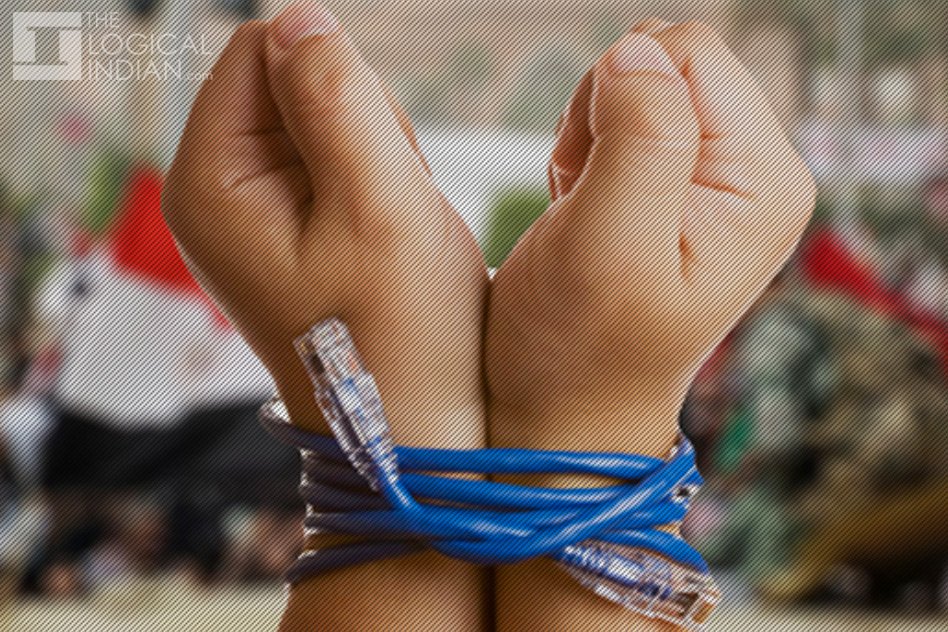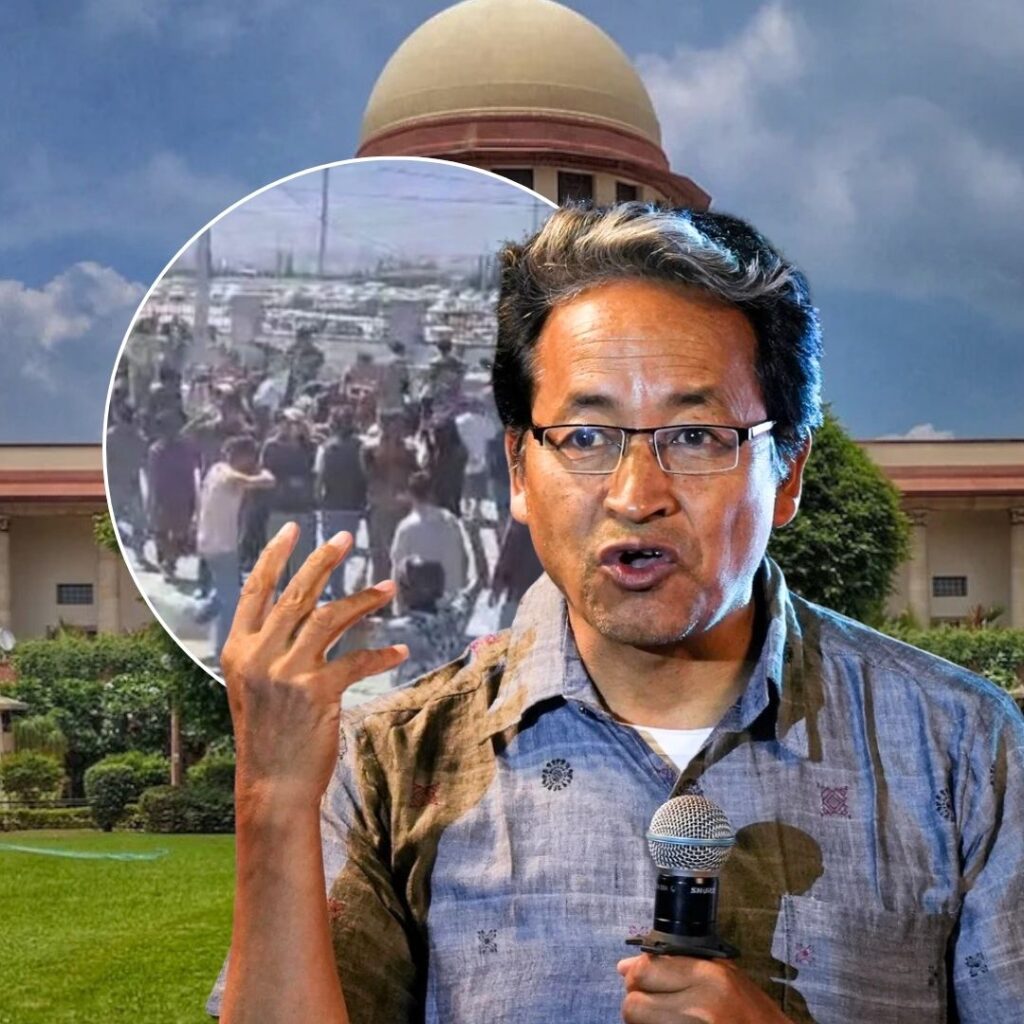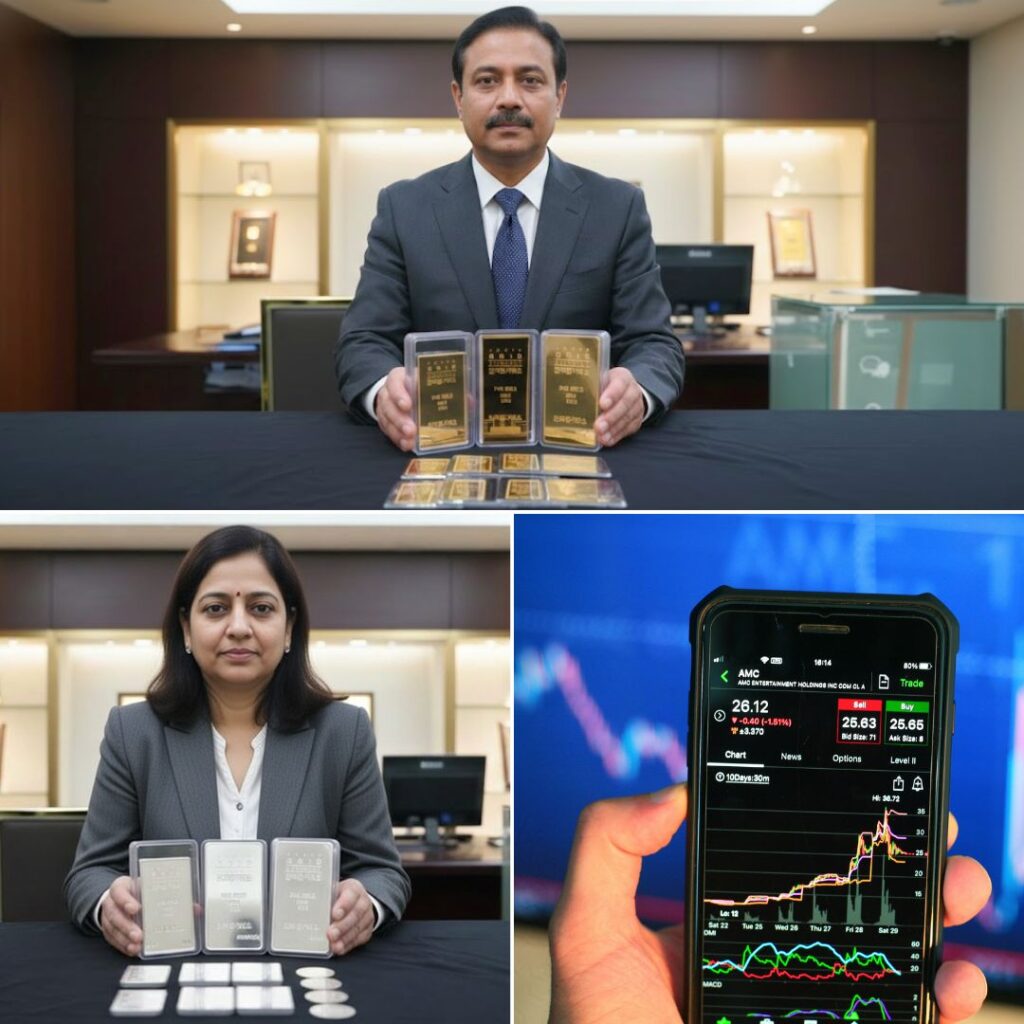In a landmark judgement, the Supreme Court has termed Section 66A of the IT Act as unconstitutional and untenable. The court said that it violated the right to free speech, a fundamental right guaranteed in the constitution.
Section 66A was added to the Information Technology Act 2000 in 2008. It imposed punishment for sending offensive messages throughelectronic communication services.
Politicians across party lines have been using this section to clamp down on views critical of them published in social media. In 2012, West Bengal police had arrested Jadavpur University professor Ambikesh Mahapatra for sharing cartoons critical of Mamata Banerjee. The same year, activist Aseem Trivedi was arrested for drawing cartoons which were critical of the parliament and the constitution. In 2014, Devu Chodankar, a young executive was charged under 66A for a Facebook post on Prime Minister-elect Narendra Modi. Even in 2015, just a few days ago, a class 11 student was arrested for making a Facebook post about UP minister Azam Khan.
Shreya Singhal, the original petitioner in the case, said that laws have to be drafted and implemented for the good of the people. She hailed the verdict as a big victory for free speech.
The Logical Indian salutes the Supreme Court for this landmark judgement. We find it appalling that the common citizen has to approach the judiciary to fight laws passed by the legislative. Wasn’t the legislative supposed to represent our best interests?












